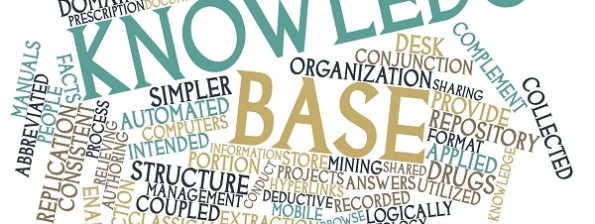Tag Archives: language
25 Jan Pure Democracy: a New World Disorder

Joe Roushar – January 2023 What are You Talking About? Is pure democracy possible in human society? Introducing everyone to a truly democratic society would put them on the same footing – provide a kind of equality and shared opportunity that philosophers have envisioned for millennia. Yet experience has shown us that some delegated decision […]
10 Jun Knowledge is the New Foundation for Success
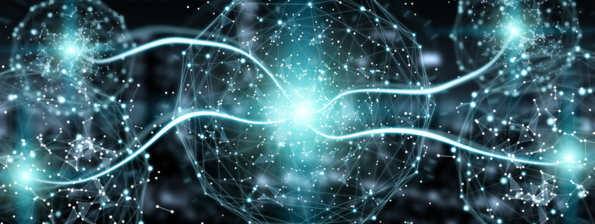
Joe Roushar – June 2020 Retooling for The Beginning of a New Age This year, 2020 will be the turning point in AI adoption because successful implementations will be available to small and large organizations without breaking the bank. Success will be measured in specific business value achieved. Affordability will dramatically improve because of AI […]
29 Dec Unhuman Expertise
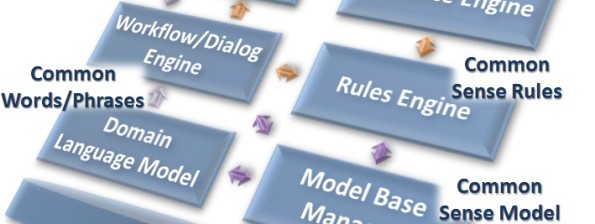
Artificial Intelligence has suffered from a persistent scale problem: up to now, many techniques have been shown to work well and reliably in narrowly defined domains, but outside the domains of their expertise, they fall apart very quickly. No techniques of which I am aware, have exhibited common sense in the way we expect humans […]
17 Dec Visualizing Knowledge

Visualizing Knowledge – Automatic Generation Words are so symbolic that even symbolic thinkers, like me, understand more when there’s a picture to go along with the words. is partly explains my crazy use of images in this blog. The various forms of graphical representations are superb inventions that enable us to view and understand mathematical data […]
27 Oct The Nature of Innovative Thinking

Mental Exploration The shape of the world changed radically when folks from the eastern and western hemispheres became aware of one another and of their respective geographies. The Age of Exploration (AKA the Age of Discovery) was amazing – or should I say “it is amazing”? While the focus has changed from continents and cultures, to galaxies […]
17 Oct Neural Conceptual Dependency
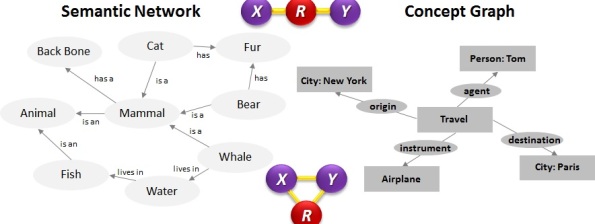
Conceptual Dependency Much of this blog has been about knowledge representation: how the brain might learn and process it, how cognitive functions treat knowledge, and now, how computers may store and process it. Conceptual structures and conceptual dependency theories for computation have been useful for categorizing and representing knowledge in intuitively simple and cognitively consistent […]
02 Aug Artificial Time

Time is omnipresent – you can’t get away from it. It is woven into everything we do and say and understand. It is an inextricable element of context. I was just speaking of how the connections in our brain develop, grow and evolve over time. Representing and handling this “temporal” element is fundamental to any […]
15 Jul From Perception and Learning to Logic
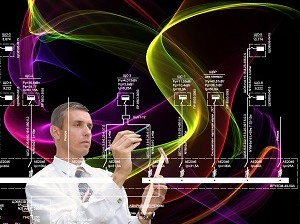
Perception and Learning I am not a cognitive scientist, so all I have said in this section is based on the work of others. On the other hand, I have probably spent more time seriously studying cognition than most computer geeks, and I have tried to form my perspectives around the best of our knowledge. The […]





